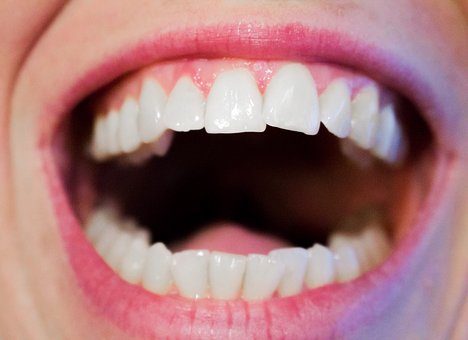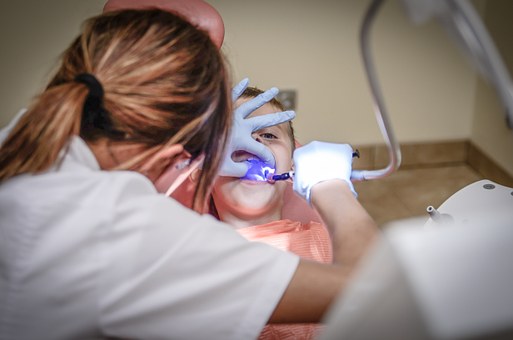Dental implants are one of the most effective solutions for replacing missing teeth, offering a natural look and long-lasting durability. However, like any dental procedure, implants can sometimes come with challenges if not properly cared for. Understanding common dental implant problems and knowing how to prevent them can help ensure your implant stays healthy and functional for years to come.
1. Infection at the Implant Site
One of the most common issues following dental implant surgery is infection. This can occur if bacteria enter the site during or after the procedure. Signs of infection include swelling, pain, redness, or discharge around the implant.
How to Avoid It:
-
Follow your dentist’s post-surgery care instructions carefully.
-
Maintain excellent oral hygiene by brushing and flossing regularly.
-
Attend all follow-up appointments to monitor healing.
2. Implant Failure or Loosening
In some cases, the implant may not properly fuse with the jawbone, a process called osseointegration. If this fails, the implant can become loose and may need to be removed.
How to Avoid It:
-
Avoid smoking, as it can significantly hinder the healing process.
-
Ensure your bone health is sufficient before undergoing the procedure.
-
Choose an experienced dental implant specialist to minimize surgical errors.
3. Gum Recession
Sometimes, the gum tissue around the implant may begin to recede, exposing the metal post and causing discomfort or aesthetic concerns.
How to Avoid It:
-
Maintain good oral hygiene to prevent gum disease.
-
Avoid overly aggressive brushing that can damage gum tissue.
-
Regular dental check-ups will allow your dentist to spot early signs of gum recession.
4. Nerve Damage
If an implant is placed too close to a nerve, it can cause numbness, tingling, or chronic pain in the gums, lips, or chin.
How to Avoid It:
-
Choose a skilled dentist who will use advanced imaging (like 3D scans) to carefully plan implant placement.
-
Discuss any unusual sensations with your dentist immediately.
5. Sinus Problems (for Upper Jaw Implants)
For implants placed in the upper jaw, there’s a small risk of them protruding into the sinus cavity, which can lead to sinus infections or discomfort.
How to Avoid It:
-
A thorough pre-surgical assessment can help determine if a sinus lift is needed before placing the implant.
-
Work with a dentist who has expertise in sinus-related implant procedures.
Conclusion
Dental implants in Lewisville are highly successful when done correctly and cared for properly. By selecting a qualified dental professional and committing to good oral hygiene, you can significantly reduce the risk of complications and enjoy the full benefits of your dental implant for many years.




